Extended wakefulness may equal neuronal injury. Get some sleep. Please.
Tuesday, March 25, 2014
One week from now, I'll officially be one year older than I am this very second. No pride in that. Just a fact.
But here is something I will boast about: I have finally learned, after far too many years, a few things about life and myself. I won't bore you with all the details. Today I'm simply sharing this: I'm in the process of teaching myself how to sleep. To get more than the three or four hours each night that I got since the day my child was born.
There was always so much to do, you know? (You know; you've been there; I'm hardly alone.) Being a full-time mom, while trying to make an honest freelancer's wage, while trying to work on that writing hobby of mine, while painting the woodwork and making the dinners and writing the bills. Who could fit all of that into a mere sixteen hours a day? I'm not that smart, I'm not that fast, I needed time. Sleep is what I sacrificed. Sleep—until a temporary choice became a locked-in pattern became an insomnia I could not wrestle down.
Until the insomnia nearly consumed me.
This insomnia cannot consume us. This insomnia is dangerous—not just in temporary, wow, why-do-I-keep-bumping-into-tables-and-forgetting-her-name fashion. "Extended wakefulness," as a new Penn Medicine study published in The Journal of Neuroscience reveals, "can result in neuronal injury." From the news release:
Sure, the early science here is built upon a mouse model of chronic sleep loss. Sure, more work needs to be done. Still, read these words, and then ask yourself if you are sleeping enough, if you can give yourself a break, if you can find a way to lengthen your dreaming hours:
I'm just trying to save my brain. I want you to save yours.
But here is something I will boast about: I have finally learned, after far too many years, a few things about life and myself. I won't bore you with all the details. Today I'm simply sharing this: I'm in the process of teaching myself how to sleep. To get more than the three or four hours each night that I got since the day my child was born.
There was always so much to do, you know? (You know; you've been there; I'm hardly alone.) Being a full-time mom, while trying to make an honest freelancer's wage, while trying to work on that writing hobby of mine, while painting the woodwork and making the dinners and writing the bills. Who could fit all of that into a mere sixteen hours a day? I'm not that smart, I'm not that fast, I needed time. Sleep is what I sacrificed. Sleep—until a temporary choice became a locked-in pattern became an insomnia I could not wrestle down.
Until the insomnia nearly consumed me.
This insomnia cannot consume us. This insomnia is dangerous—not just in temporary, wow, why-do-I-keep-bumping-into-tables-and-forgetting-her-name fashion. "Extended wakefulness," as a new Penn Medicine study published in The Journal of Neuroscience reveals, "can result in neuronal injury." From the news release:
PHILADELPHIA — Most people appreciate that not getting enough sleep impairs cognitive performance. For the chronically sleep-deprived such as shift workers, students, or truckers, a common strategy is simply to catch up on missed slumber on the weekends. According to common wisdom, catch up sleep repays one's "sleep debt," with no lasting effects. But a new Penn Medicine study shows disturbing evidence that chronic sleep loss may be more serious than previously thought and may even lead to irreversible physical damage to and loss of brain cells. The research is published today in The Journal of Neuroscience.
Sure, the early science here is built upon a mouse model of chronic sleep loss. Sure, more work needs to be done. Still, read these words, and then ask yourself if you are sleeping enough, if you can give yourself a break, if you can find a way to lengthen your dreaming hours:
The team also plans to examine shift workers post-mortem for evidence of increased LC neuron loss and signs of neurodegenerative disorders such as Alzheimer’s and Parkinson’s, since some previous mouse models have shown that lesions or injury to LC neurons can accelerate the course of those diseases. While not directly causing theses diseases, "injuring LC neurons due to sleep loss could potentially facilitate or accelerate neurodegeneration in individuals who already have these disorders," Veasey says.Me? I have stopped jumping up the second my eyes flutter open to get some work done. I have allowed myself mid-day naps. I have stopped chasing so many deadlines. I have acknowledged all those things that make me anxious—reviews of my work, inequalities I can't change, broken things around the house—and I have dealt with them, in one way or the other—avoiding the reviews, fixing what is broken, not obsessing over the irreversible.
While more research will be needed to settle these questions, the present study provides another confirmation of a rapidly growing scientific consensus: sleep is more important than was previously believed. In the past, Veasey observes, "No one really thought that the brain could be irreversibly injured from sleep loss." It's now clear that it can be.
I'm just trying to save my brain. I want you to save yours.


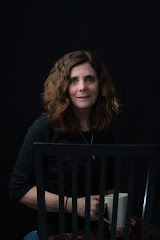

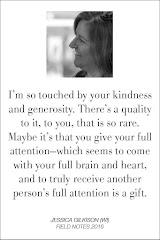

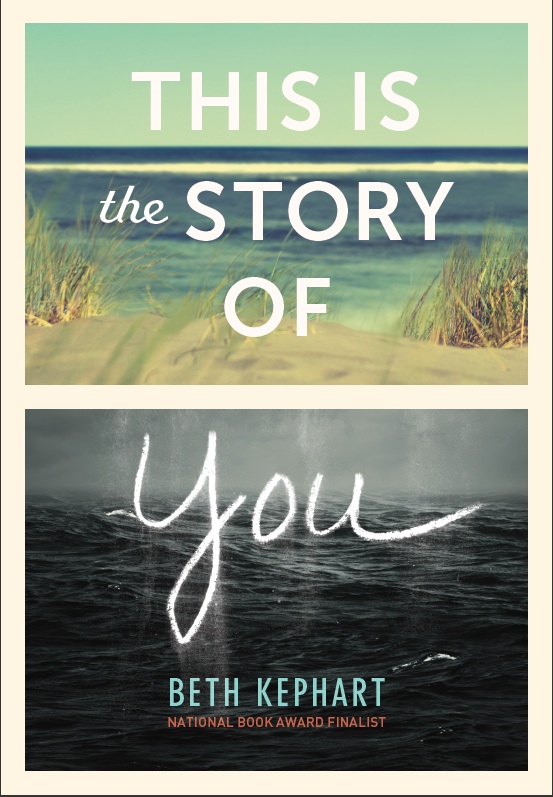

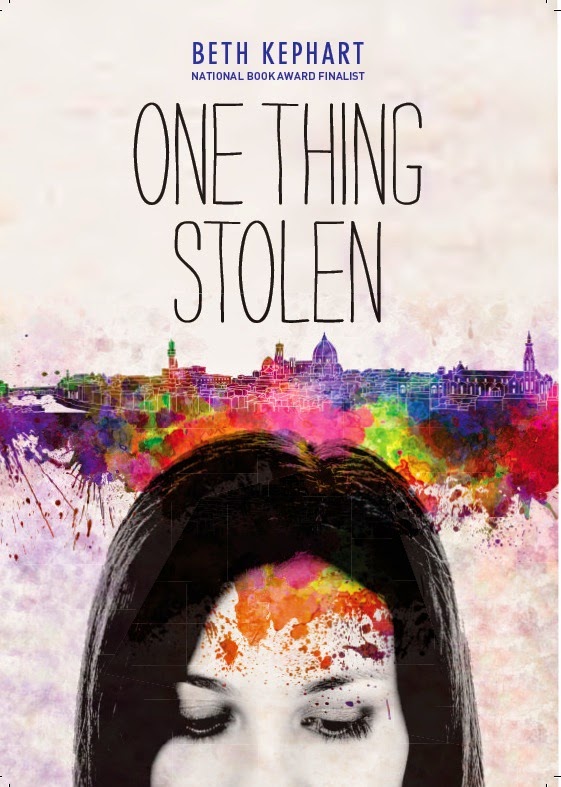
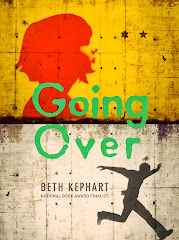







3 comments:
I'm so glad you're saving that wonderful brain of yours...
So true. I am a huge sleeper - I need eight or more hours a day - and it always surprises me when someone manages with less, much less for extended periods.
One of my best purchases for my new apartment was my blackout curtains. It's so much easier to sleep without the sun streaming in at 6 am.
I have trouble sleeping, too, Beth. It's a problem, but like you, I will try harder to get to sleep and remain asleep for longer than 2 hours. Thanks for the info. ~Victoria Marie Lees
Post a Comment